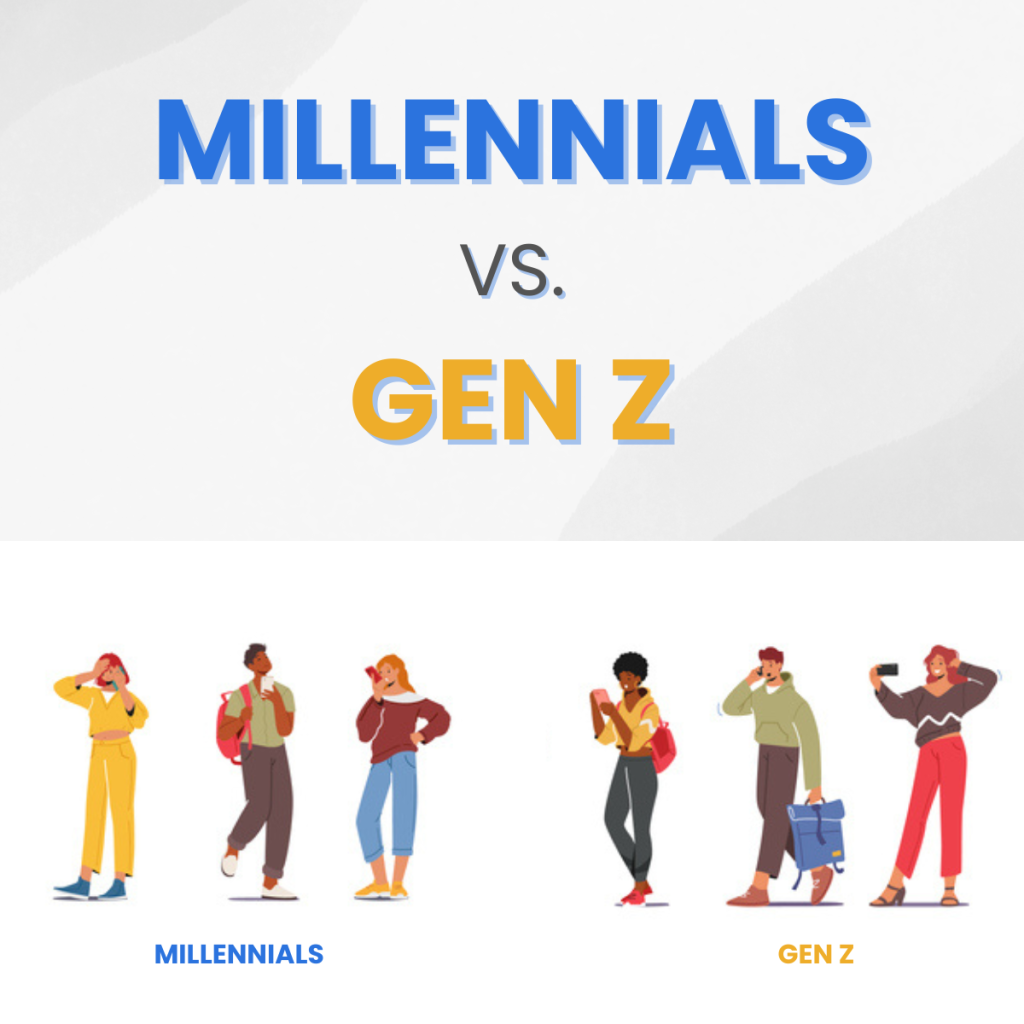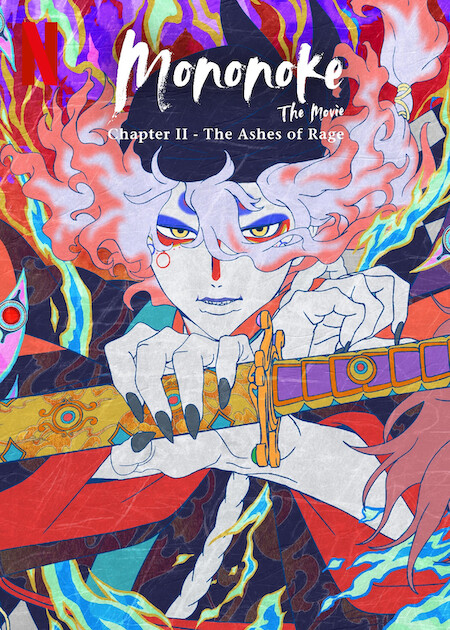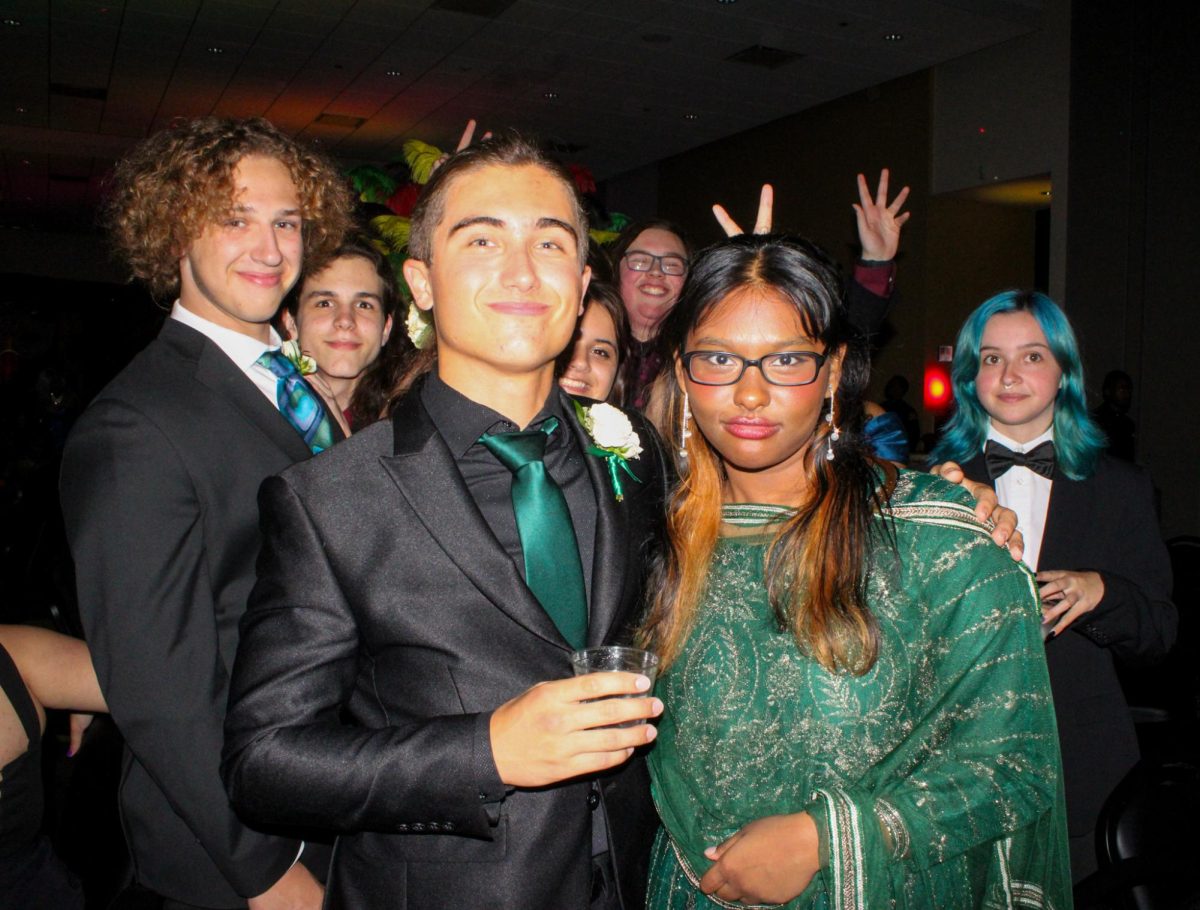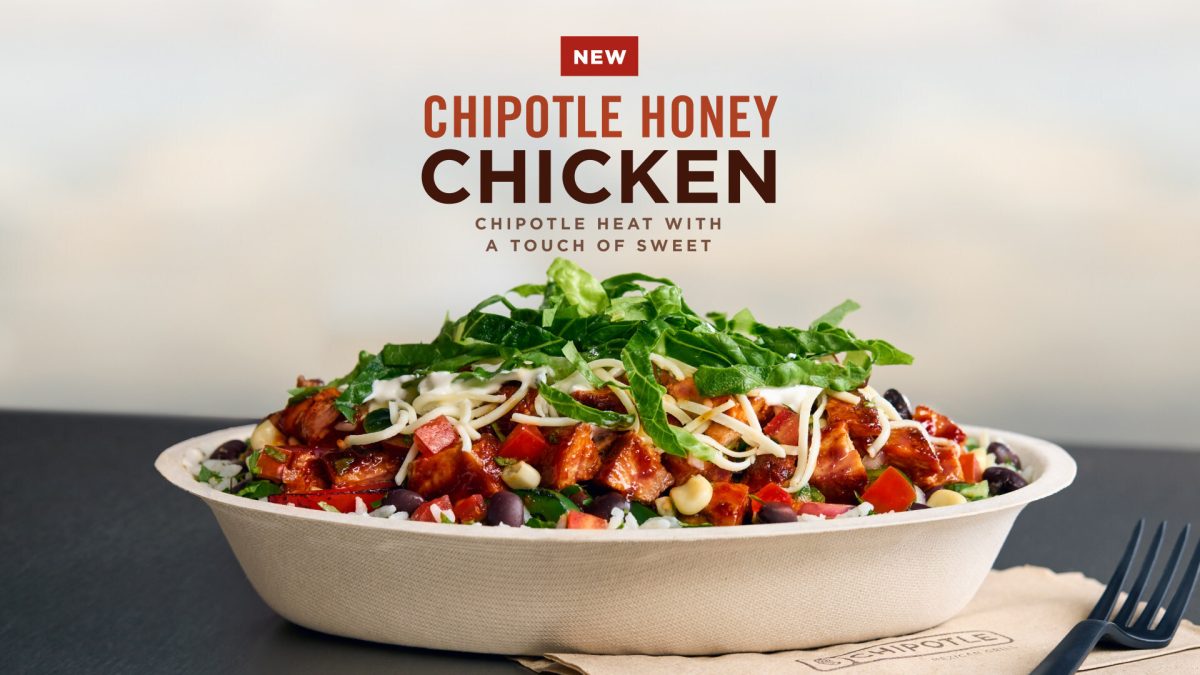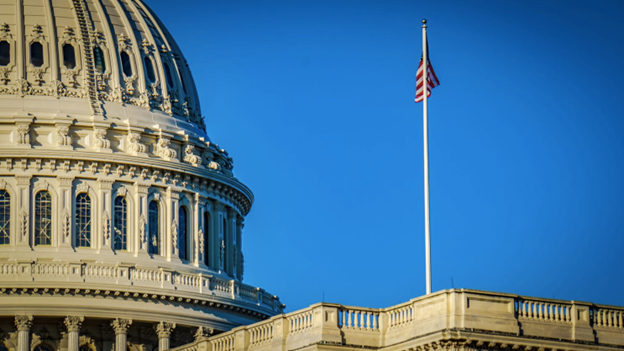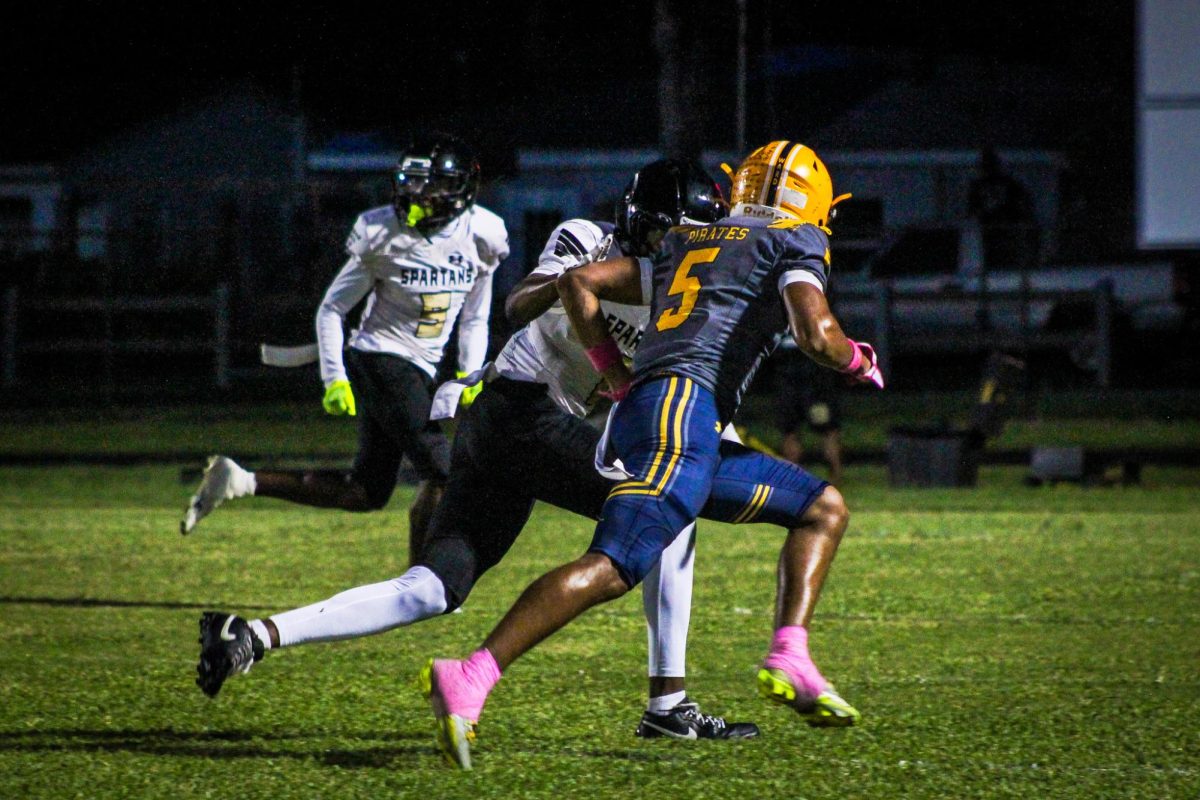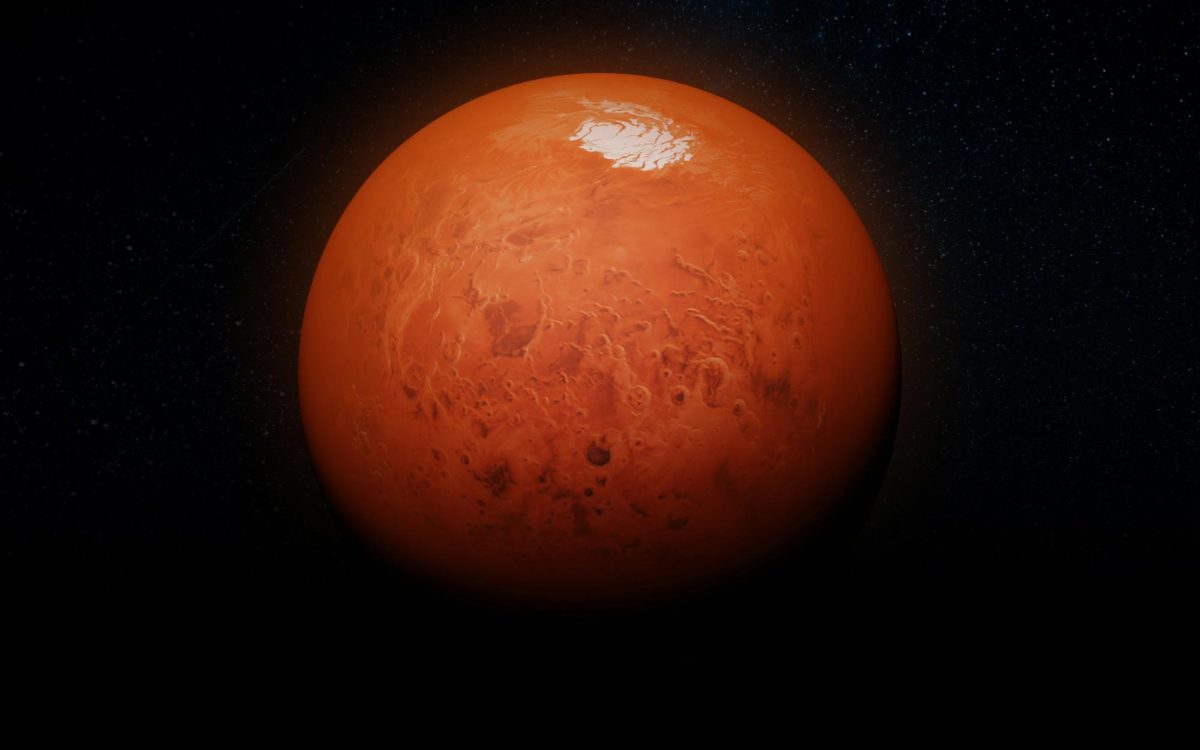Millennials (born between 1981 and 1996) and Gen Z (born between 1997 and 2012) have grown up during the digital revolution. Millennials are better educated than the previous generations, while Gen Z is on track to be the most educated generation yet.
While Millennials tend to be more collaborative Gen Z values independence. Both generations are to be considered “digital natives,” and they both share a high comfort level with technology, but mostly Gen Z. Gen Z is more skeptical and savvier, approaches digital life with platforms like TikTok, and Instagram.
Both Millennials and Gen Z are modifying workplaces norms, demanding flexibility and purpose driven work. Millennials pioneered the push for work-life balance and the new economy. Gen Z is taking a bigger step emphasizing mental health, career growth, and alignment with employers.
Both generations are progressive, championing causes like climate action, racial equality, and LGBTQ+ rights. They’re both driven to the normalization of conversations about mental health, challenging the shame long associated with seeking help.
Yet Gen Z having come of an age in a time of unprecedented political and social upheaval, is seen to be more as radical and action oriented. The Millennials on the other hand started many of these conversations, Gen Z is demanding quicker and more tangible results because they show less patience for incremental change.
Millennials and Gen Z overlay in their nostalgia for the 2000s and shared appreciation for digital creators. The Millennials known for valuing experiences over possessions, prioritizing travel and social outings. These generations have an opportunity to collaborate using their unique strengths to take on shared challenges from climate change to mental health awareness while also learning from each other’s mistakes and victories.


